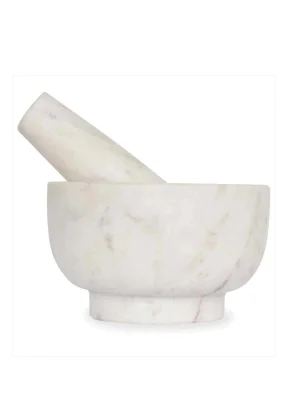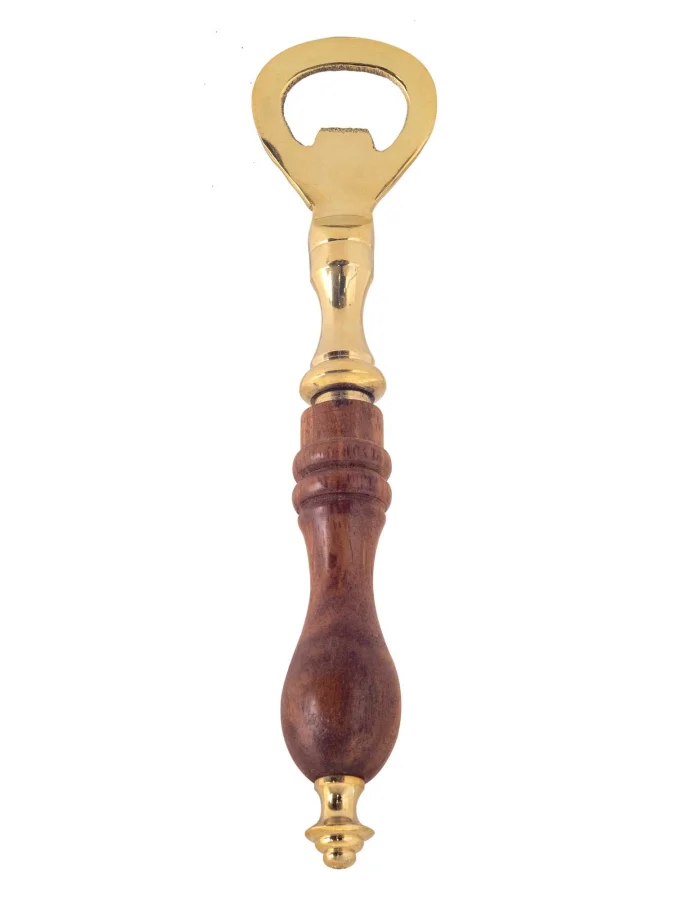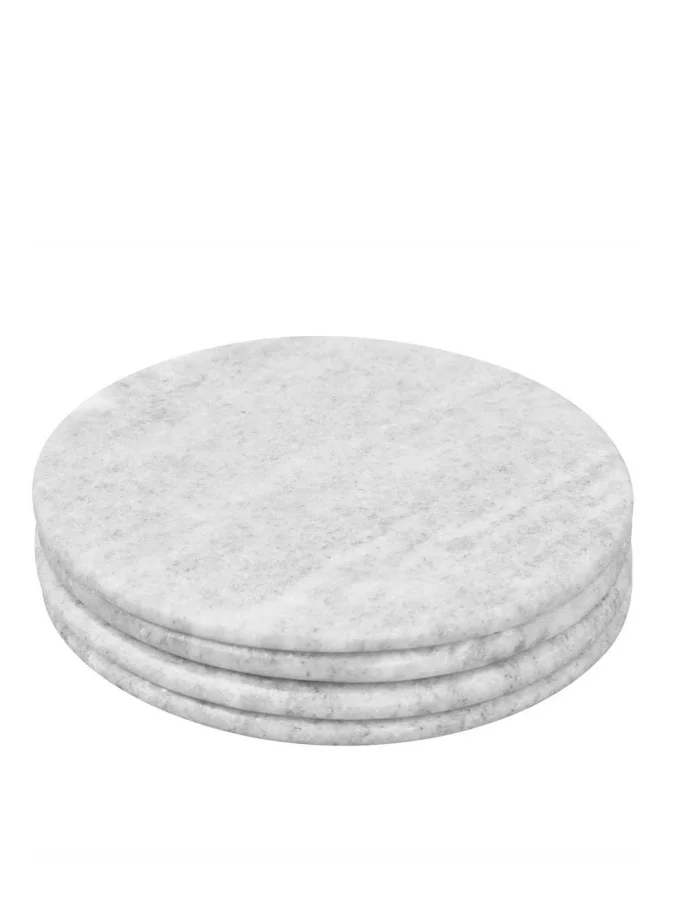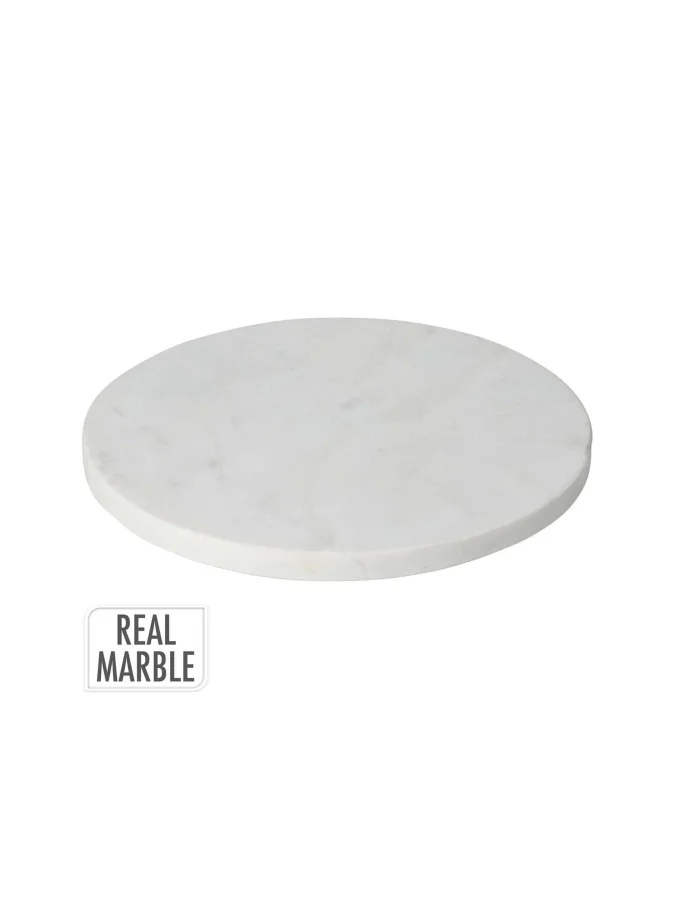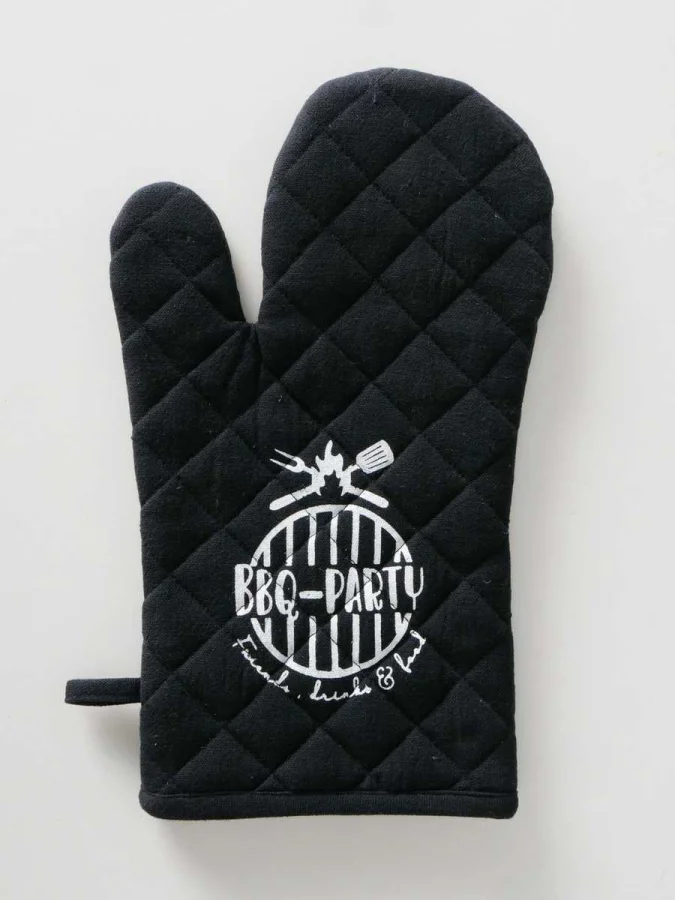

Nice mortar with its pestle made of marble for pounding, chopping, crushing, preparing sauces, etc. For optimal use of this utensil, the mortar must be held firmly, the pestle grinding the ingredients using repetitive movements of vertical percussion and circular friction.
For seeds and spices, a more or less strong vertical percussion will be applied depending on the expected result. Whereas to make wet mixtures (pasta, marinades, sauces) we will favor circular friction in order to extract all the juices. The longer the friction time, the finer the mixture will be. Often composed of a watery part and an oily part, repeated friction will result in the creation of an emulsion.
It is also with mortar that aiolis and pistous and many other culinary preparations around the world were traditionally made, such as curry pastes.
If the mortar still retains a special place in chefs' kitchens today, it is also because, unlike household robots and electrical equipment, the controlled action of the pestle, although repeated many times, does not heat the preparation and allows all the flavor of the herbs, spices and condiments to be retained.
Depending on the preparations, chefs will generally prefer a heavy, solid, stone mortar to prevent it from slipping or tipping. High edges will be preferred to prevent the preparation from escaping during use. Marble is a soft limestone, so it is sensitive to humidity and acidity.
For cleaning and maintenance, only use products with a neutral PH or recommended for marble. Not suitable for dishwasher, dry quickly not suitable for microwave. Shapes and colors may vary slightly from one piece to another!
- Brand
- Opjet
- Brand's Country
- France
- Composition
- Marble
- Detailed Composition
- Marble
- Color
- White
- Category
- TABLEWARE & KITCHEN
- Subcategory
- KITCHEN ACCESSORY
- Type
- MORTAR & PESTLE

